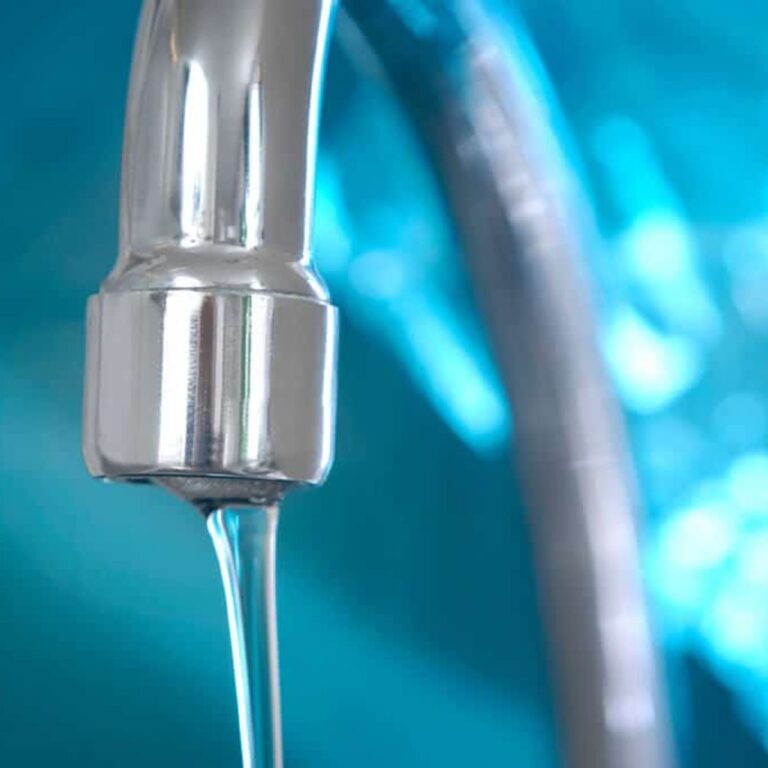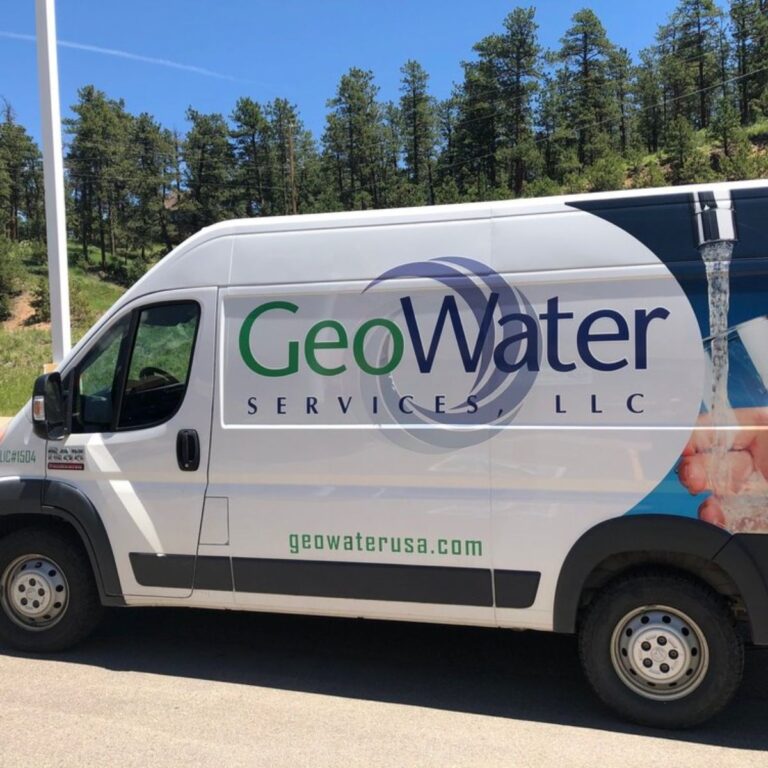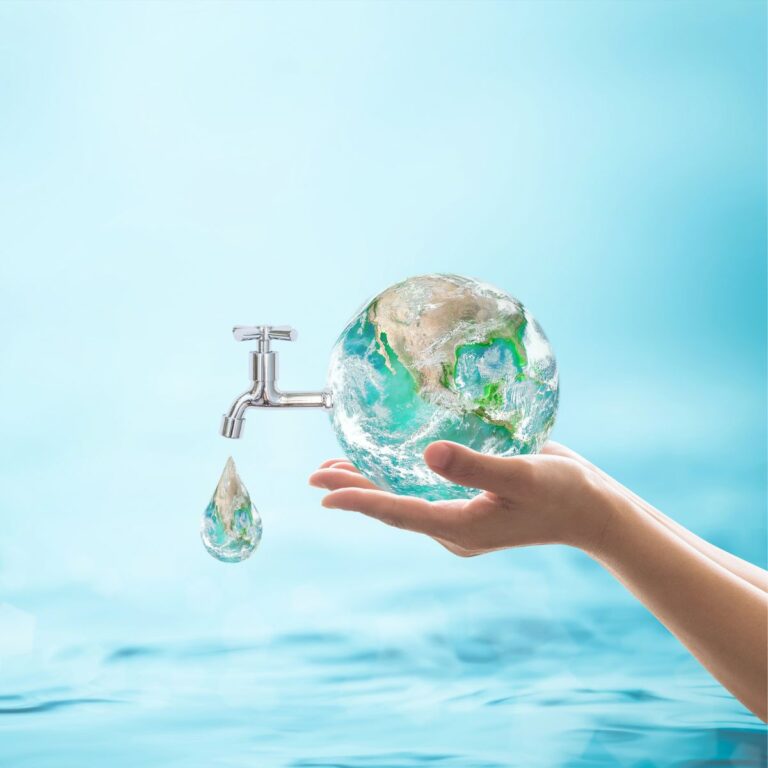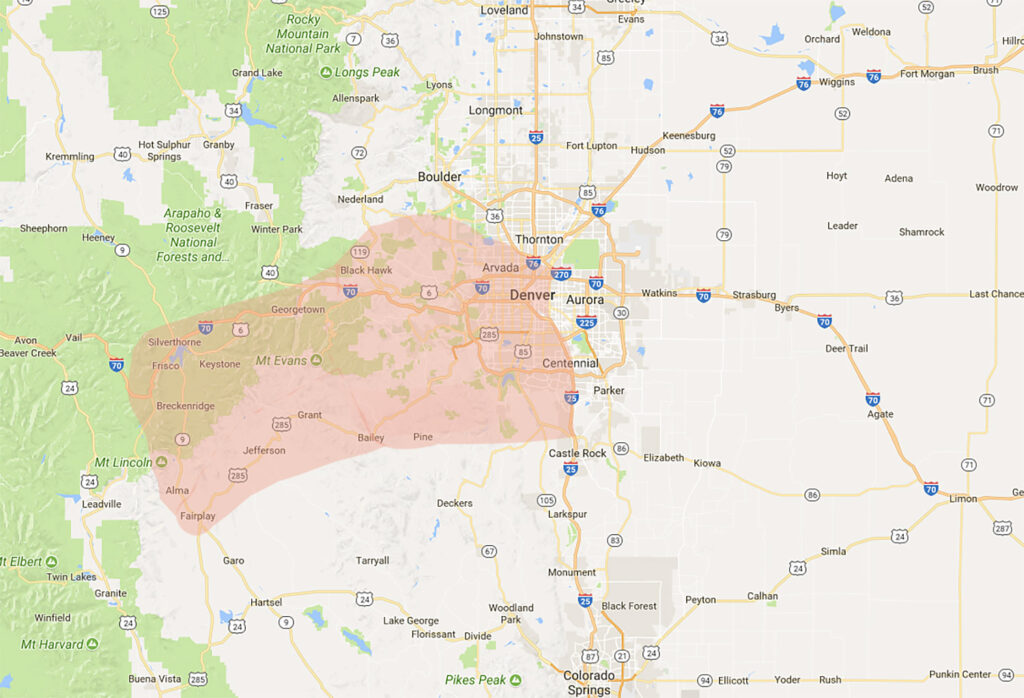Radon Contamination in Mountain Wells
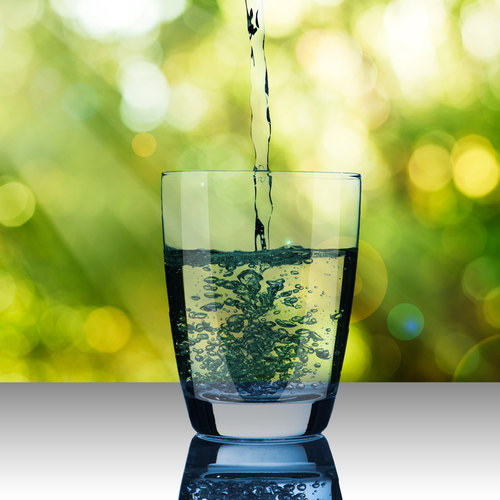
By Mike Temple, GeoWater Services
Of the naturally occurring radioactive contaminants in our private wells, radon gas is one of the most common. Radon gas is a radioactive decay by-product of Uranium that enters our drinking water supply when naturally occurring radon gas in the ground dissolves into the groundwater, contaminating well water supplies. Radon is then delivered directly into the home through the well water pump/plumbing system. Dissolved radon in water readily “off-gasses” directly into the home as water is used to shower, bathe, or wash dishes; contributing to elevated indoor air radon levels. Of special concern are confined spaces such as showers or steam saunas.
Once inside the home, radon gas is a consumption and inhalation health concern. While there has proven to be a small but statistically significant increase in stomach cancer due to consumption, the primary health risk associated with radon in drinking water is inhalation. The U.S. Surgeon General’s office has determined that radon gas is the primary cause of lung cancer for non-smokers and the second leading cause of lung cancer for smokers. The Environmental Protection Agency has proposed two standards for Radon in drinking water, 300 pCi/l or alternatively, 4,000 pCi/l. Based upon GeoWater Services testing in our mountain wells, 1,000 to 3,000 pCi/l levels are typical, with levels > 5,000 pCi/l common.
Testing for radon in well water is recommended and is relatively inexpensive. If elevated levels are encountered, treatment to reduce radon levels in water is available and highly effective. Treatment generally consists of installing mechanical equipment to vigorously aerate the water which allows radon in the water to be removed in a controlled environment. The radon gas removed is then vented directly to the outside of the home. “Point-of-use” drinking water systems such as kitchen faucet filters should not be considered as these systems do little to address the whole-house inhalation concerns.
The decision to mitigate water based radon should be considered independent of radon systems designed to reduce radon gas from ground sources (air systems). Air reduction systems are generally designed as crawl space venting or vapor barrier systems and do not reduce radon in well water.
Mike Temple is the owner of GeoWater Services, LLC and can be reached at 303-670-3348.

